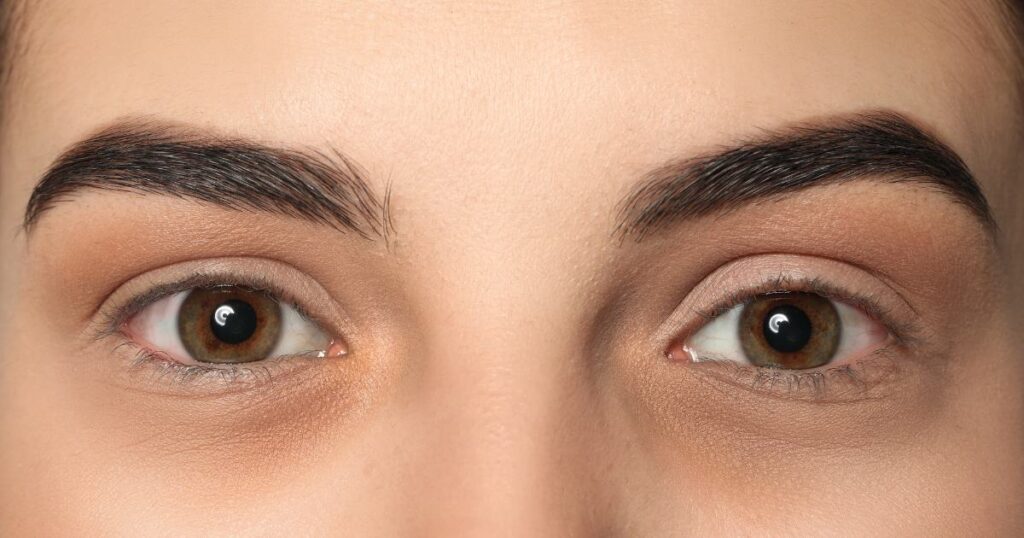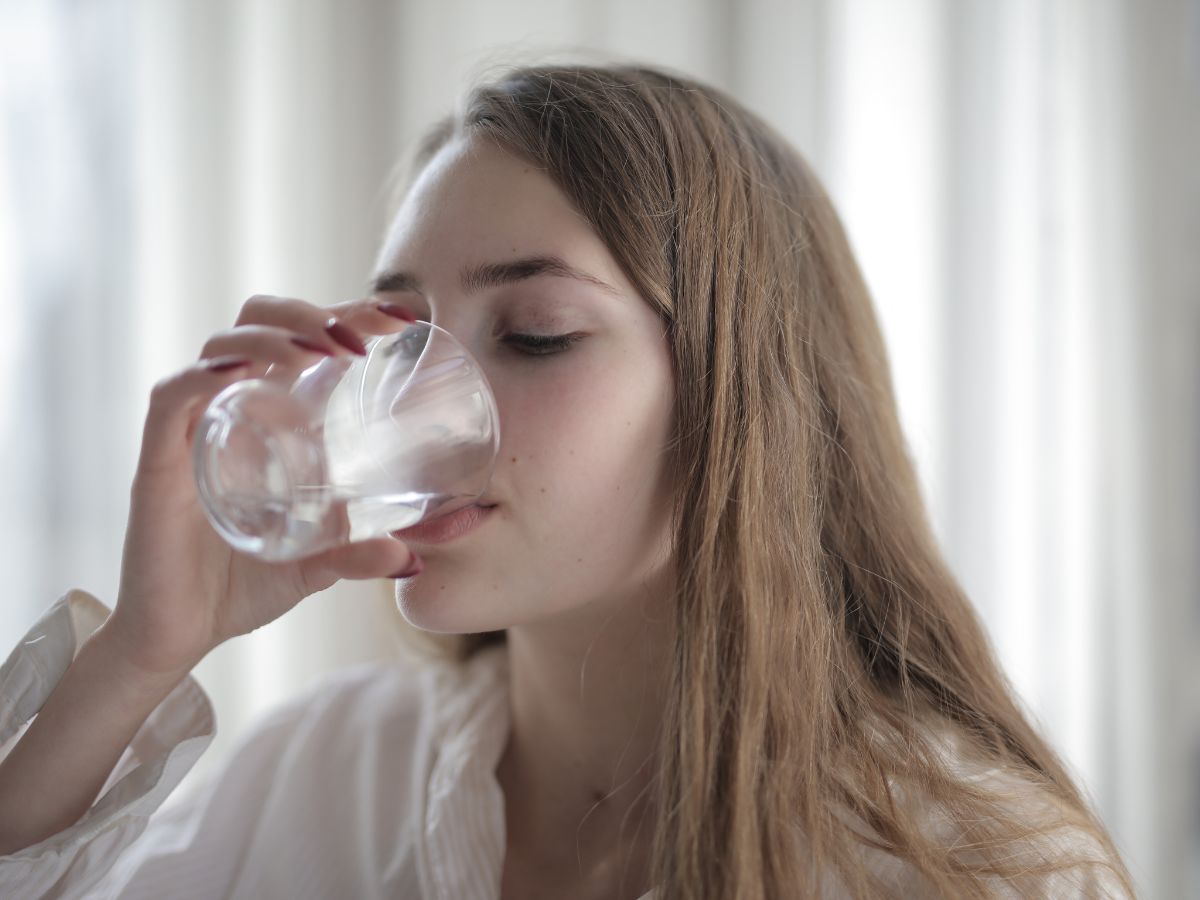Overview:
Blepharitis, a condition causing inflammation along the eyelids, often triggers discomfort and irritation. Let’s explore whether increasing water intake can alleviate this ailment and understand its relation to dry eyes.

Can Dehydration Cause Blepharitis?
While dehydration isn’t the direct cause of blepharitis, it can intensify eye dryness, worsening associated symptoms. Insufficient hydration contributes to dry eye problems, potentially worsening the condition of blepharitis due to the aggravated dryness within the eyes. Proper hydration plays a role in maintaining eye moisture, indirectly influencing the severity of blepharitis symptoms by alleviating dryness.
The Water-Dry Eye Connection: Does Hydration Help?
While staying hydrated is essential for overall health, drinking water alone may not solely alleviate dry eyes or blepharitis. However, adequate hydration aids in maintaining overall eye health. It complements other treatments by hydrating the body, potentially alleviating dry eye symptoms associated with blepharitis.
Can Diet Cure Blepharitis?
A good diet helps your eyes but doesn’t cure blepharitis directly. Eating foods with omega-3 like fish or flaxseed oil might ease blepharitis symptoms. These fats fight inflammation and could help with eyelid swelling from blepharitis.
However, dietary alterations alone might not entirely eradicate the condition. Managing blepharitis often requires a comprehensive approach, combining proper eyelid hygiene, prescribed treatments, and potential dietary adjustments. While omega-3s can aid in reducing inflammation, complete reliance on dietary changes might not completely resolve blepharitis, necessitating a multifaceted treatment approach involving medical advice and consistent eye care practices.

Managing Blepharitis: Time for Improvement
Blepharitis treatment duration varies based on its severity and individual response. Here are the essential tips for managing blepharitis:
- Consistent care is pivotal, comprising proper eyelid hygiene and prescribed treatments.
- Improvement can become noticeable within several weeks with diligent adherence to care routines.
- Sustaining these practices is crucial for prolonged relief from blepharitis symptoms.
- Duration may vary; some may experience quicker results while others might need longer-term care.
- Long-term maintenance of recommended practices is essential to prevent recurrences and sustain relief.
- Eyelid hygiene, warm compresses, and medications, as prescribed by an eye care professional, form the foundation of effective blepharitis management.
- Persistence and commitment to treatment routines aid in mitigating symptoms and fostering long-term eye health.
Hydration Alternatives for Dry Eyes
Apart from drinking water, several strategies can help hydrate dry eyes without solely relying on eye drops. Using a humidifier, applying warm compresses, and maintaining a balanced diet rich in eye-friendly nutrients contribute to overall eye hydration.
Addressing Dehydrated Eyes: Symptoms and Remedies
Dehydrated eyes often manifest through redness, irritation, or a gritty sensation, signaling the need for hydration. To combat this, take regular breaks from screens, blink consciously, and maintain proper room humidity. These simple yet effective methods help alleviate discomfort associated with dehydrated eyes, ensuring eye comfort and reducing irritation for enhanced ocular health.
The Role of Eye Drops in Treating Dry Eyes
Specially designed eye drops for dry eyes provide immediate relief by moisturizing and lubricating the eyes, offering a swift solution for dry eye symptoms linked to blepharitis. While these drops serve as quick remedies, a comprehensive approach is crucial for long-term management, extending beyond the sole reliance on drops. Incorporating a holistic strategy alongside drops ensures a more effective and sustainable management of dry eye symptoms associated with blepharitis.
Hydrating Eyes Without Eye Drops
In addition to natural remedies like using warm, damp cloths or gentle eyelid massages to stimulate tear production and relieve dryness without eye drops, maintaining overall eye health requires a comprehensive approach. Adequate sleep, a balanced diet rich in eye-friendly nutrients, regular eye check-ups, and minimizing prolonged screen time are integral elements. These holistic practices go beyond mere hydration, fostering optimal eye health and preventing various ocular issues.
Eye Health: Beyond Hydration
While hydration is crucial, overall eye health involves various factors. Proper eye hygiene, regular eye exams, and adopting a balanced lifestyle are pivotal in managing blepharitis and maintaining eye wellness.
In Conclusion
Drinking more water contributes to overall hydration, which indirectly aids in managing dry eye symptoms linked to blepharitis. However, it’s crucial to incorporate a comprehensive approach, including proper eye hygiene, a balanced diet, and specialized treatments, for effective long-term management of blepharitis and associated dry eye discomfort.








